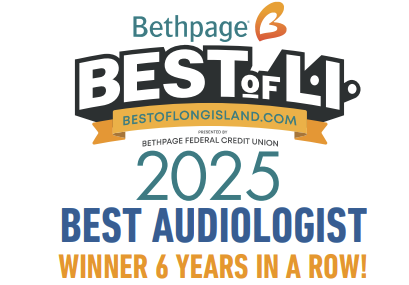
When a child struggles to follow instructions, mixes up words that have similar sounds, or seems distracted in noisy places, parents might question if hearing loss is the problem. However, in certain circumstances, the problem might not be with the ears themselves, but instead with a condition called auditory processing disorder (APD), which affects the way the brain deals with sound.
Hearing loss and APD have many of the same symptoms, but they’re actually very different conditions that require distinct assessments and assistance. In this article, we will explore the key distinctions to help you give your child the support they require.
Understanding Hearing Impairment: A Definition.
Hearing loss refers to a decreased ability to detect sound, usually a result of issues in the outer, middle, or inner ear.
Three primary classifications:
- Conductive hearing loss: Occurs as a result of blockages or injury in the outer or middle ear, such as ear infections or build-up of earwax
- Sensorineural hearing loss: Occurs when there is damage to the inner ear or the auditory nerve, which is commonly caused by variables including aging, exposure to loud noise, or hereditary predisposition
- Combination hearing loss: A blend of both outer/middle ear and inner ear issues
Physicians typically make a diagnosis via conventional hearing tests like audiograms, otoacoustic emissions, or auditory brainstem response (ABR) testing. If a child suffers from hearing loss, the problem lies in their ability to sense sound in the first place.
What Does Auditory Processing Disorder Mean?
APD, on the other hand, is not a hearing issue; it’s a brain-based problem with deciphering sounds. Kids with APD can hear perfectly fine, but they have difficulty making sense of what they hear.
It’s frequently described as “hearing but not understanding.”
Some common challenges include:
- Difficulty following multi-step verbal directions
- Struggling to distinguish between similar sounds or words
- Struggling in noisy environments (like classrooms or restaurants)
- Misinterpreting jokes, sarcasm, or figurative language
A standard hearing test might reveal no issues because the ears are functioning normally. But that doesn’t mean all is functioning as it should. In APD, the malfunction occurs after sound is detected, during processing in the central auditory nervous system.
Distinguishing Between Testing and Diagnosis
To diagnose hearing loss, audiologists use conventional hearing tests that assess sound detection. Identifying Auditory Processing Disorder involves more extensive assessments that extend beyond standard hearing evaluations.
Evaluations frequently involve a multidisciplinary team, including:
- A hearing specialist to evaluate how the brain interprets sound
- A specialist in speech and language to assess understanding and expression skills
- A psychologist to rule out attention or learning differences that may look similar to APD
Options for Treatment and Assistance
If your child is diagnosed with hearing loss, treatment might include:
- Hearing aids
- Cochlear implants
- Assistive listening devices
- Medical or surgical interventions
Assistance for Children with APD Diagnosis Typically Includes:
- Speech-language therapy
- Classroom accommodations (e.g., seating changes, written directions)
- Environmental modifications to reduce background noise
- Auditory processing therapy
APD vs. Hearing Loss: Concluding Thoughts
It’s important to differentiate between hearing loss and auditory processing disorder in order to provide your child with the most effective support and accommodations. If your child seems to struggle with listening but their hearing test is normal, don’t stop there. A deeper look at how they process sound could reveal what’s really going on. Children with the proper diagnosis and personalized treatment strategy can succeed academically, in their home environment, and in a variety of other aspects of their lives.
For more information, give us a call.
Sources:.
About Hearing Loss in Children|Hearing Loss in Children|CDC.
Auditory processing disorder (APD)– Symptoms and causes– Mayo Clinic.
Auditory Processing Disorder vs. Hearing Loss: Key Differences.
Understanding the Differences: Auditory Processing Disorder vs. Hearing Loss|Hearing.
Associates of Las Vegas.
Auditory Processing Disorder (for Parents)|Nemours KidsHealth.







